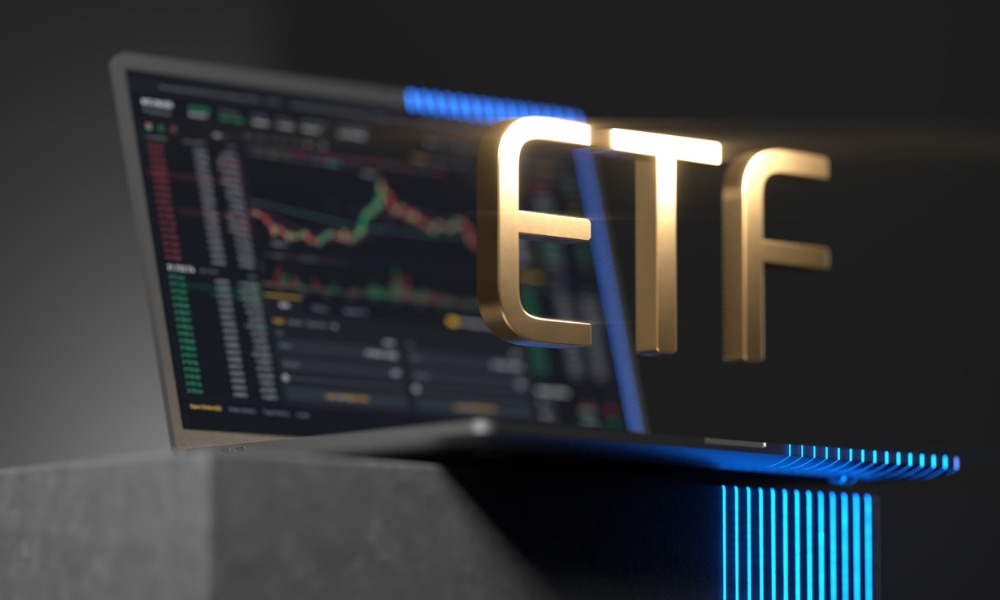Research shows better experience for Canadian investors, but they still lag behind global peers
.jpg)
Investors around the world are seeing the benefits of lower fund fees, and that includes Canadians — but they’re still worse off than counterparts in many other countries.
Morningstar has released the first chapter of its Global Investor Experience (GIE) Report, a study it does every two years on the experiences of mutual fund investors in 26 markets across North America, Europe, Asia, and Africa. Now on its sixth edition, the report this year is being published in four parts: Fees and Expenses, Regulation and Taxation, Disclosures, and Sales.
“Since the last study in 2017, we've seen fund fees continue to decline across global markets,” said Grant Kennaway, Morningstar's global practice leader of manager research and co-author of the study. “This reflects a number of key trends including orderly competition, regulatory intervention, and … unbundling of advice and sales fees from fund expense ratios in some markets."
Read also: Investors saved over US$4 bn in fund fees last year: Morningstar
The study graded countries on a five-category scale including Top, Above Average, Average, Below Average, and Bottom. The firm gave Top ratings to Australia, the Netherlands, and the U.S., indicating them as the most investor-friendly markets in terms of fees and expenses. Italy and Taiwan, meanwhile, received Bottom ratings for their high fees and expenses.
Asset-weighted median expense ratios went down for domestic and available-for-sale funds in most of the 26 markets studied. Among those markets, the Netherlands saw the largest decline, followed by India and Canada, which improved its Fees and Expenses grade since the last study to Below Average.
Morningstar attributed Canada’s better grade to “increased availability and uptake of retrocession-free share classes as well as the insignificance of front loads” in the market. In spite of those improvements, the market still exhibited asset-weighted medians that were the highest in some categories.
“In Canada’s closed market, the asset-weighted median expenses are 1.94% for allocation, 1.98% for equity, and 0.99% for fixed-income funds,” the report stated. Canada’s asset-allocation funds were the most expensive among all the countries studied on an asset-weighted median-expense basis.
Morningstar noted that in the four most expensive markets for equity fund investment, which includes Canada, retail investors have on average almost no assets invested in passive open-end vehicles. The report also observed that allocation funds are frequently executed in a fund-of-funds structure, which includes passed-through costs from the underlying funds.
The report found that investors in Canada typically pay a 1% retrocession, or embedded trailing commission, for equity funds; for fixed-income funds, it’s 0.5%. There’s also been an increase in cases where investors who buy funds without advice are able to invest with no loads or trailing commissions, or at least a greatly reduced trailing commission.
Noting the existence of different fund share classes, Morningstar said that asset-weighted medians for share classes sold via commission-based advice channels are higher than the overall medians; in contrast, medians for share classes sold through the fee-based advice channel are substantially lower.
“In January 2017, provincial regulators published evidence in favour of discontinuing embedded commissions,” the report said, going on to note the September 2018 Canadian Securities Administrators (CSA) paper proposing to eliminate trailing commissions to dealers that do not make a suitability recommendation.
“There was initially unanimous agreement among the provincial regulators on how deferred sales charges would be phased out, but Ontario then reversed its decision, effectively putting an end to the discussion of eliminating retrocessions,” Morningstar noted.



